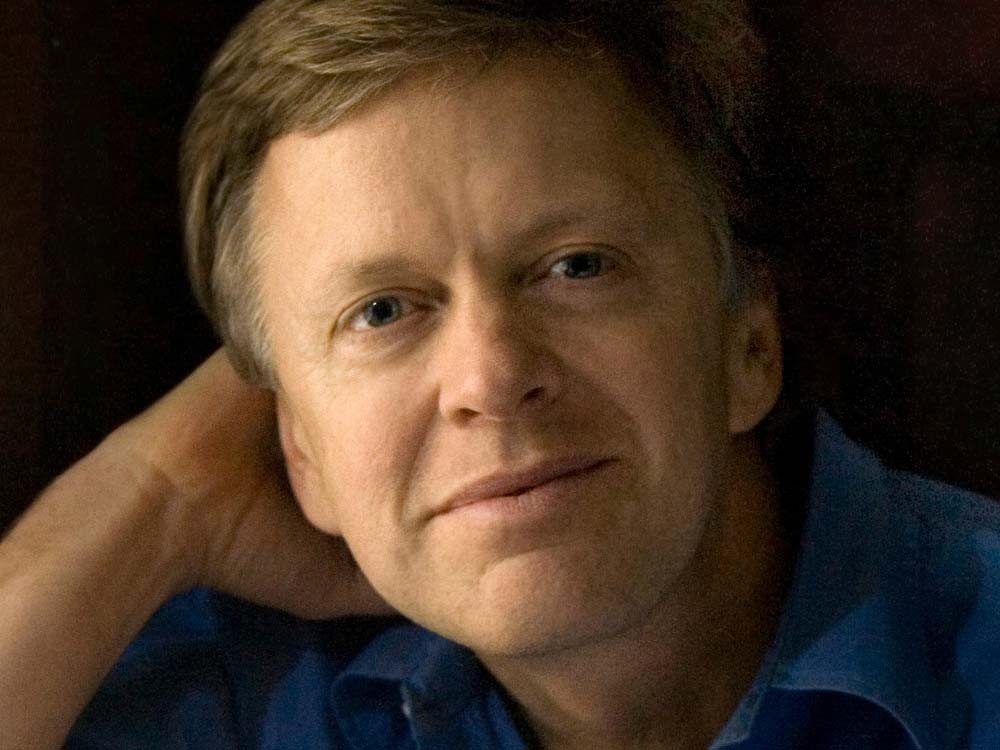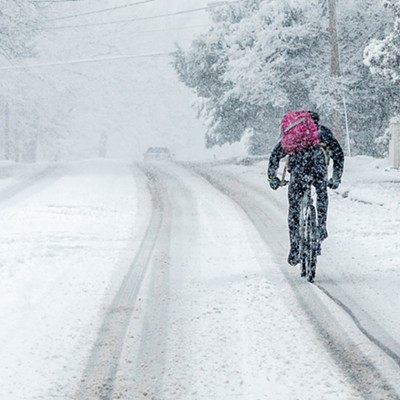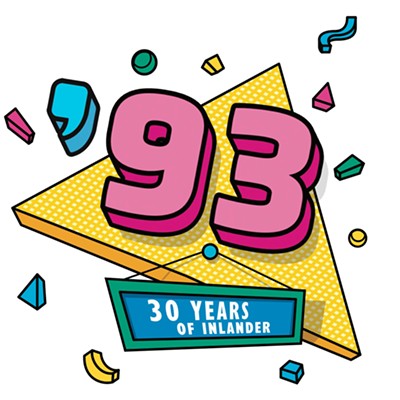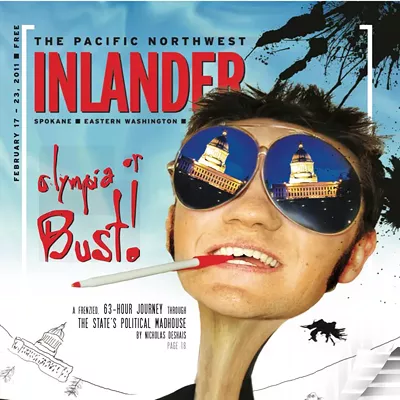The romantic effect that roads can have on a person is not a new topic for writers. We have “Song of the Open Road” by Walt Whitman, Steinbeck’s Travels with Charley and Into the Wild by John Krakauer, to name just a few.
And now we have Ted Conover’s The Routes of Man. Conover — one of the finest immersion journalists around — could not resist the call of the open road. Specifically, the open roads of Peru, India, Kenya, Nigeria, China, Israel and Palestine.
On these routes, Conover shows how roads connect and unite people but also sever relationships and build empires.
In Peru, Conover hitches a ride with a truck driver on a treacherous road surmounting the high Andes, cutting through ancient Incan territory and rain forest. He goes into the woods on another route (the headwaters of the Amazon River) to witness the illegal harvest of mahogany, which fetches a high price from the world’s wealthy consumers.
The effects of a global economy here are evident, Conover writes, if difficult to parse. “To retrace the wood home to its source would be to see a road’s promise in the economy of a poor country, and its threat to pristine wilderness,” he writes. “It would also be a good way to see Peru.”
The gist of this viewpoint lies at the heart of the book. Conover laments the impact that new roads have around the world, all the while looking for how they could benefit the people that use them — and how they’ve afforded him a new adventure.
In the Buddhist region of Zanskar in India, he traverses the chaddar, a frozen river trail used by the locals in the winter. There a new road is being built. The isolated village of Reru — a “medieval warren of mud-brick houses” — will be transformed.
“I was not eager to see a road built through the chaddar. The valley was so beautiful as it was,” Conover writes. “But Zanskar was not a museum [and] Shangri-La was not a local idea. It was a Western idea, a symbol of what we lost when we advanced, a seductive nostalgia, a dream.”


























